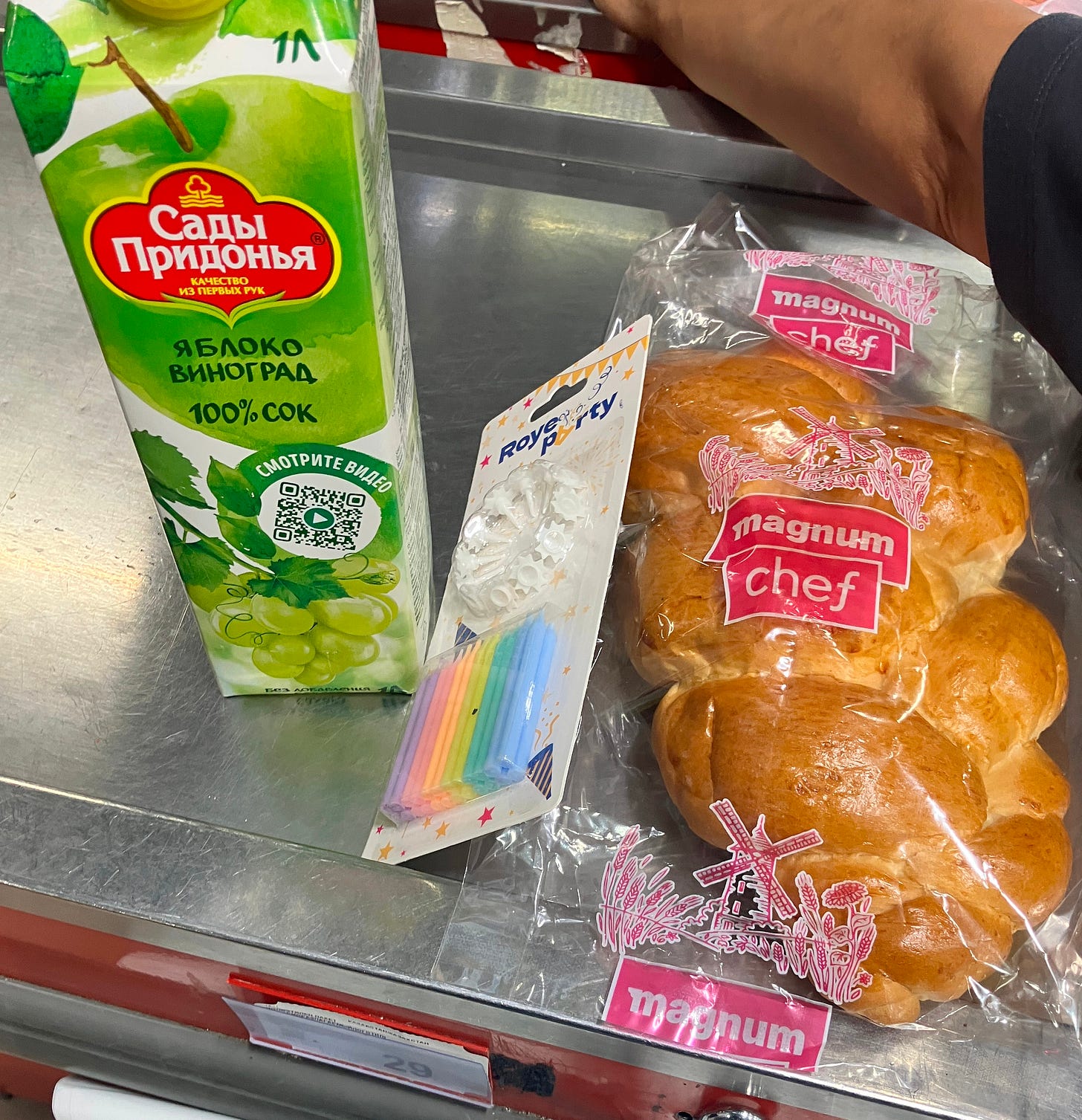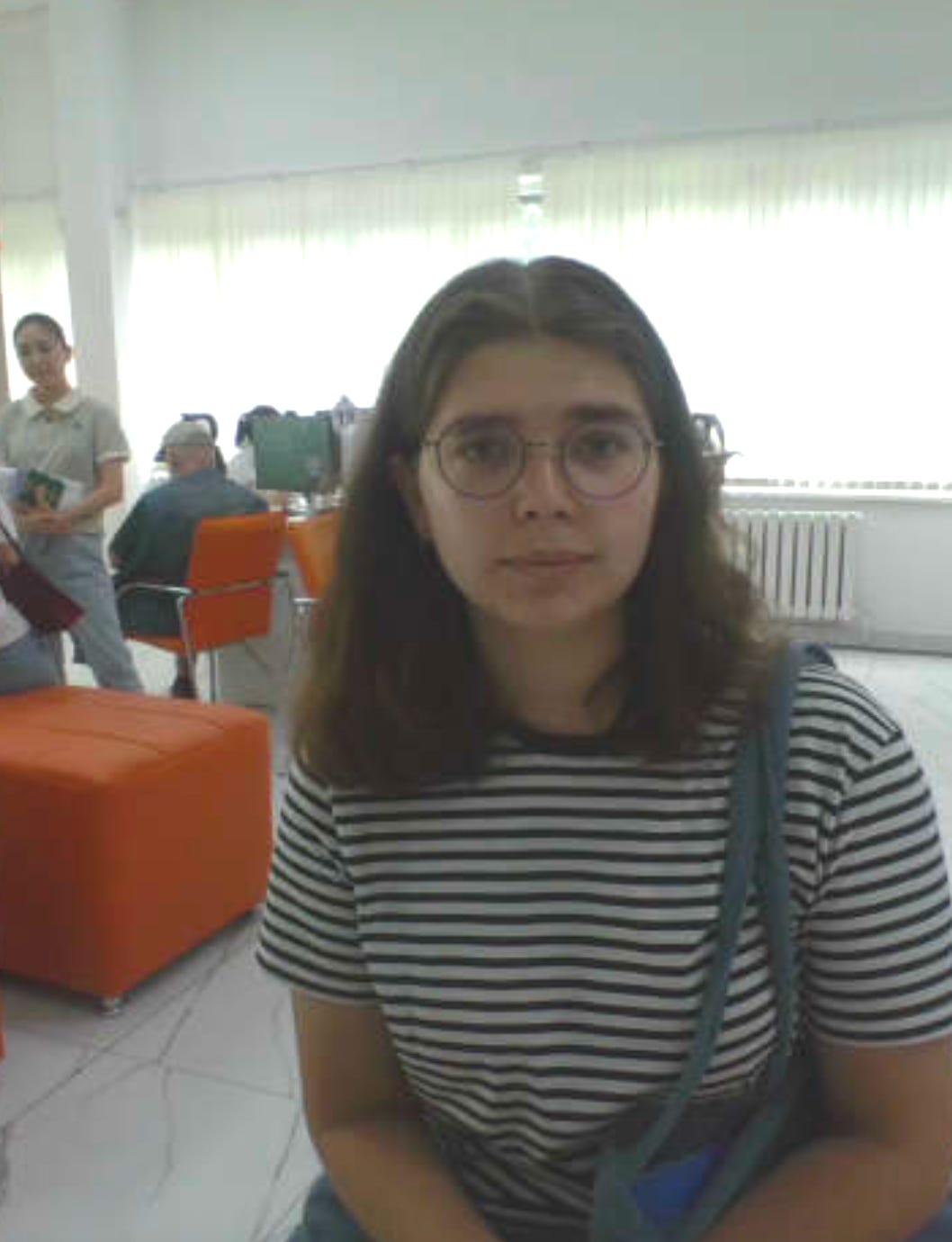I think it hit me for the first time at 8:30 on Wednesday morning, as I watched my students file into the classroom and realized that I was the teacher. Not the teacher’s assistant, not the teenager running games, not some kind of supplementary little book club or speaking club. Nine hours a week, these were going to be my students and I was the teacher and it was my job to teach them…something. The night before at 10pm the other fellows and I got our assignments via a WhatsApp message of a handwritten sheet of paper—I was teaching Foundation A, reading and writing. Not that I knew what that meant. I showed up the next morning with no syllabus, no schedule, and no curriculum. Just me, smiling big, sweating through my new button-down shirt.
As PiA fellows, we exist at the university in some strange liminal space: student IDs that won’t let us check out textbooks from the library, but faculty responsibilities. We don’t do research and we do take a class (apparently. that’s next week’s problem). We attended the all-day new faculty orientation (which included SEVERAL meals, amazing stuff) but on the first day of classes we couldn’t see our own attendance sheets, and I just this morning was able to start setting up the online portion of my class. However slowly and uncertainly, it is all beginning to come together, and everyone at the university has been super welcoming and helpful, especially the other teachers in our department.
On Friday, one of my co-fellows and I celebrated our first week in our new apartment. The landlord has some kind of connection to the university housing department and he knocked quite a bit off the price to have someone reliable living there. It was very funny listening to the housing director on the phone with him, “they’re not students, they’re professors, very serious girls, no parties, they’re professionals.” It’s got new furniture, new bedding, is right across from the university, and even has a living room with a pull-out couch (hint hint). Being right near the university, we’re in the center of downtown, which is really nice if sometimes noisy. It’s still a little on the pricier side, but my expenses are pretty much limited to groceries and cafes so we should be okay. I do think I could try a new cafe every day for the next year and never run out.

I now have a phone number, and am well on my way to a state-issued ID number and a bank account. We’ve paid the university back for our visa invitation letters. We’ve registered our new addresses. We’ve signed our contracts and have keys to our offices. I’m also glad to have any ID at all, even if it says I’m a student. I spent a solid week inventing various meetings for the benefit of the security guards, and now I can just swipe in.
Since classes began, we’ve been spending all our time frantically trying to plan and schedule and log into our emails and fix the printer. But before that, I did have a chance to do some exploring. One of the other fellows and I went to the Sairan reservoir on the western side of town, which is very much under construction but will be beautiful when all the trees grow in. Walking on the bridge across the reservoir, we were accosted by a popular Almaty Instagram account trying to conduct “man on the street” interviews, and, startled, promptly disgraced ourselves, all of our past and future Russian professors, and possibly the Russian language itself. Thankfully, our interview did not make the final cut.
One of my co-fellows had previously spent a summer in Almaty, so we also went to visit her former host mom, who fed us copious amounts of food and a persistent stream of advice. If you want to get your hair cut, your brows threaded, your makeup done, or to buy or eat literally anything in Almaty, I know where to send you.
In terms of cultural adjustment, I’m managing most things just fine. There’s just one problem—my face. As a Midwesterner, I’m essentially capable of two expressions: smiling and worried. Smiling at strangers here is considered rude and strange, but the effort of trying to attain Kazakh neutrality had the department administrative assistant, a taxi driver, and the cashier at the Korean grocery store inquiring if all was well. Someday I hope to achieve some kind of middle ground.

The other issue adjustment issue is payment. There appear in Almaty to be a) places that only take cash and look at you like you’re crazy if you try to pay with card and b) places that only take card and look at you like you’re crazy if you try to pay with cash. They are not labeled. What both of these places actually want is for you to pay with the Kaspi bank app, but without a Kazakhstani bank account I’m out of luck on that front. Maybe next week.
Speaking of next week, I have class at 8:30am tomorrow, so I’d better get back to working on my slides. I’m making the kids read one of my favorite poems, Wendy Cope’s “The Orange.” The privileges of power. I think I could get used to this. I guess I’d better.
Disclaimer: All views presented in Kazakhstan Chronicles are my own and do not necessarily reflect those of the Princeton in Asia, KIMEP University, or the Republic of Kazakhstan.




Your writing is fabulous. Keep the stories coming. And, good luck!
This is an amazing way to really know what you’re up to! It’s super fun to talk on the phone, but after reading this, I really feel like I understand!